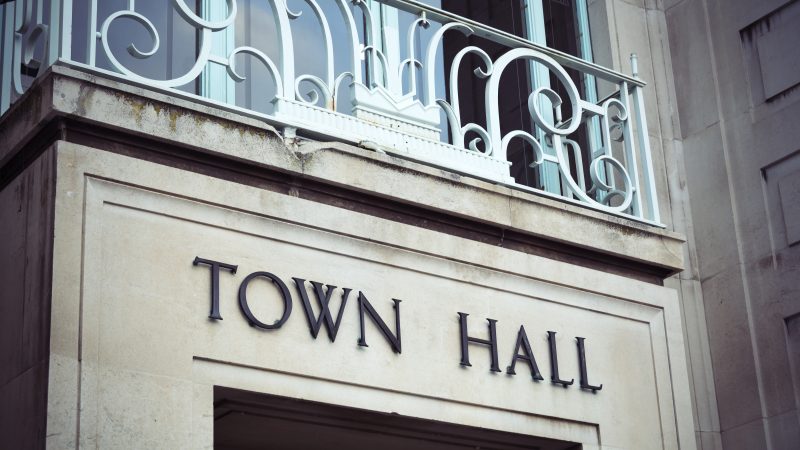
A recent BBC investigation found that abuse of councillors and staff putting is democracy at risk. This isn’t a surprise to anyone who has stood for elected office in the past five years.
Politics has become increasingly polarised, and the boundaries of acceptable behaviour have been stretched online and in real life. This has led to abuse and harassment becoming depressingly normalised.
Unacceptable levels of abuse are depressingly normalised
The unacceptable levels of abuse MPs of all parties face and the awful impact it has on people was highlighted in the last few weeks by Angela Rayner and Mike Freer.
There has been a sense that abuse in public life is something that “goes with the territory”. It is reassuring that people are questioning this.
I was a councillor for 11 years and represented local government on Labour’s national executive committee (NEC). The stories I heard, and the abuse I experienced first-hand, were shocking.
Death threats have become routine
The situation is bad across the board but if you are female, Jewish, Black, Asian and/or LGBT the abuse is likely even worse.
I remember telling a young colleague in my non-political day job about a friend who had her car firebombed.
“No that didn’t happen,” she said. “If it happened, I’d have heard about it, it would have been on the news.”
Death threats against politicians and their families have become routine and something you feel you need to shrug off.
Minimising the problem is not the way forward
People experiencing it don’t tend to speak about the full extent of what they face because they are worried it would upset their loved ones.
And nothing makes you question what you are doing with your life than wondering if being a local councillor is genuinely putting your family at risk.
So, what do we do about this? How do we make the situation better? We are potentially heading for what could be a negative, bitterly fought general election campaign.
We can’t go down the route of US culture war campaigning
If the UK goes down the US route of culture wars campaigning, it is only likely to exacerbate the issue.
Being a councillor is a huge honour and a very special experience. We need talented people from all walks of life to stand for election.
This means working cross-party to remove the barriers that prevent people from getting involved and becoming councillors or MPs.
We need to take online behaviour seriously
Abuse and harassment often begins on social media, and there will be increased scrutiny of the role of social media in 2024’s global elections. People need to take responsibility for their behaviour online and in real life.
There is a duty on all of us in politics to engage respectively with our opponents and avoid “othering” each other. At the end of the day, most people want to get involved in local politics (you’d hope!) because they are motivated by public service and want to make their communities better.
The Local Government Association have some excellent resources about councillor safety and since the murder of Jo Cox, councils have been reviewing their arrangements.
Police do not have the resources to tackle the threats
But speaking from personal experience, after years of austerity, the police don’t have the resources to seriously tackle the volume of threats made against politicians.
Security at surgeries is often insufficient and councils also need more money from central government to invest in protecting their staff, politicians, and the public.
It is also way past time to stop publishing people’s home addresses on council websites and election ballots.
2024 is shaping up to be a year of political change. Here is hoping that with increased media attention, addressing this serious issue is one of many positive changes we’ll see this year.




More from LabourList
‘Labour is being badly misled on housing’
Reeves bets on patience over populism
‘Energy efficiency changes must work for older private renters’